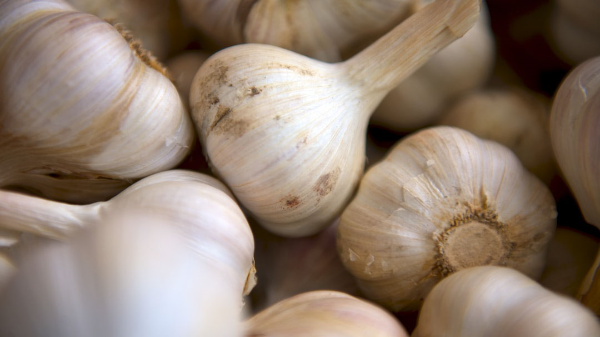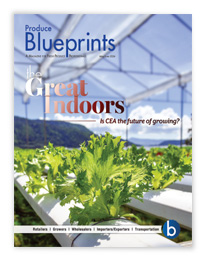My father was a U.S. sailor in China in the 1930s, in the days when our nation had gunboats patrolling Chinese rivers to protect American missionaries and business interests. Of course he told me a number of fascinating things about his experience.
He said that because produce was grown with human excrement, you had to wash the lettuce in Listerine in order to eat it.

It’s possibly why he didn’t care much for vegetables.
The use of human waste in Chinese produce has been brought to the nation’s attention by Sen. Rick Scott (R-FL), who in a December 6 letter urged commerce secretary Gina Raimondo “to investigate the food safety of garlic grown in Communist China following reports that the garlic is being grown in human sewage, then bleached and harvested in abhorrent conditions often with slave labor. In the coming days, Senator Scott is introducing the SEWAGE GARLIC Imports Act and the SEWAGE GARLIC Imports Tariff Act to address the growth practices and safety of garlic produced in China for human consumption.”
“Sewage grown in Communist China has no place in American grocery stores,” said the headline of Scott’s press release.
Sanitation isn’t the only issue, says Scott. The letter says, “In 2023, the U.S. International Trade Commission (ITC) concluded its fifth sunset review on the antidumping (AD) duties on fresh garlic from Communist China and determined to maintain the AD order on the good, continuing a nearly 30-year duty.
“Further, the Government Accountability Office (GAO) has also found that unpaid antidumping and countervailing duties (AD/CVD) are concentrated in a few products. Fresh garlic was the top product with unpaid AD duties totaling over half-a-billion dollars.”
Of the $235 million worth of garlic imported by the U.S. in 2021, $97 million was from China, $78.1 million from Spain, $29.5 million from Mexico, $17.3 million from Argentina, and $6.02 million from Spain.
In 2021, the United States also exported $17.1 million worth of garlic. The main purchasers were Canada, Mexico, Saint Martin, and New Zealand.
In September 2023, the year-by-year increase in garlic imports was primarily due to an increase in imports from Spain ($3.78 million or 109 percent), Argentina ($1.65 million or 31.7 percent), and China ($905,000 or 11.6%).
When legislators target a produce import, it is usually because growers of that product in their state are threatened by competition. But this is not true of Florida, where “garlic is grown almost exclusively in home gardens.”
So are Scott’s allegations about sewage garlic true?
A 2017 report from McGill University’s Office of Science and Society says, “There is no evidence that garlic in China is fertilized in this fashion. In any case, there is no problem with this, human waste is as effective a fertilizer as is animal waste. Spreading human sewage on fields that grow crops doesn’t sound appealing, but it is safer than you might think. Urine is normally free from the pathogens that cause diseases, while soils help to filter and clean bacteria found in feces. Actually the skin on garlic is effective at preventing penetration into the bulb.”



